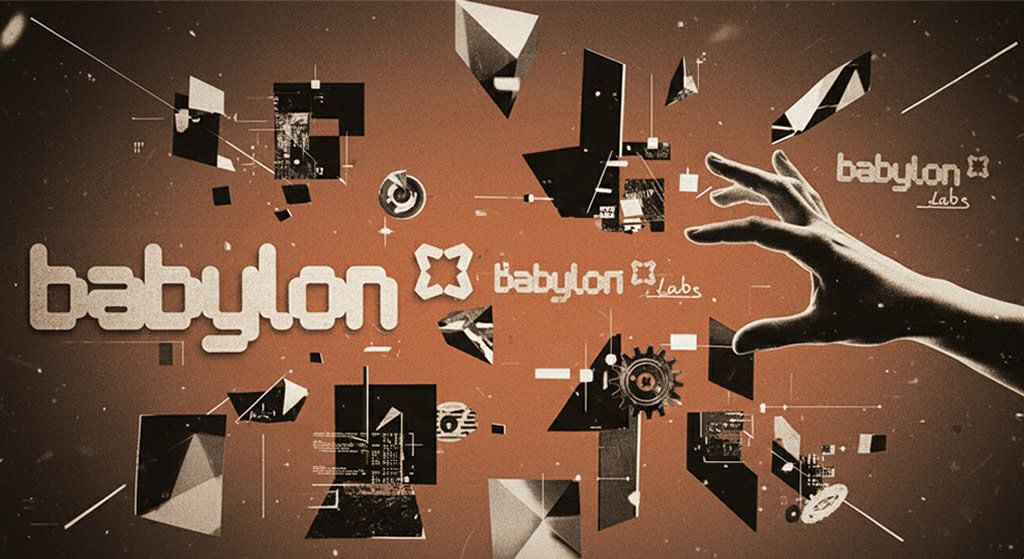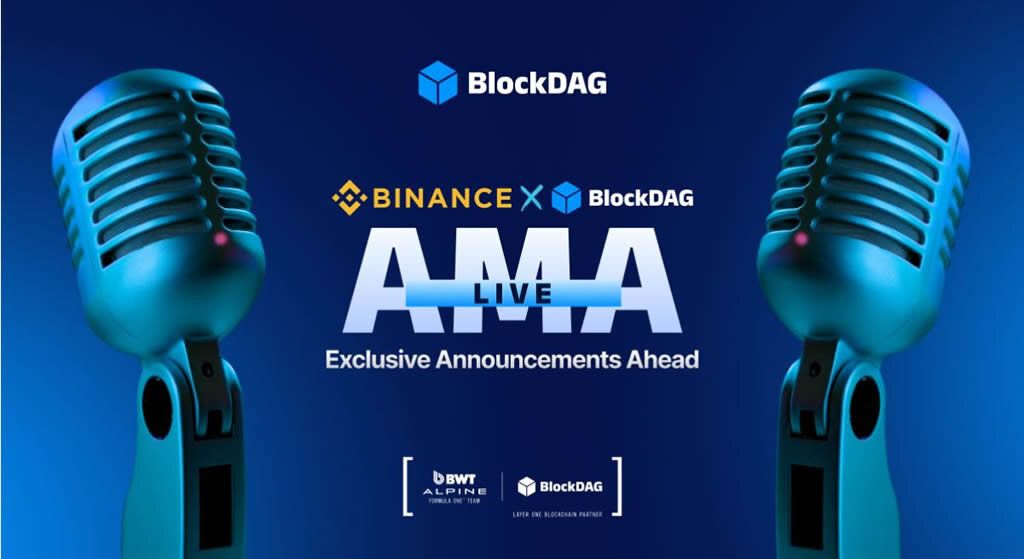The Blockchain Revolution: the Technology That Transforms the Digital World
Blockchain has emerged as a disruptive technology, capable of transforming entire industries thanks to its decentralized structure and its ability to store information securely and transparently. This article explores how it works, its applications, advantages, and the challenges it currently faces.
What is Blockchain and How It Works
Blockchain, or chain of blocks, is a technology that allows the creation of a decentralized and shared digital record. This registry, which can be considered a large public and secure ledger, stores transactions or data in blocks that are linked together, forming an immutable chain.
Every time a transaction is made, it is verified and grouped into a block along with other transactions. Once the block is filled, it is added to the existing chain, making it visible to all network participants. This structure is what gives the Blockchain its decentralized nature, since the information is not stored on a single server, but in multiple nodes distributed throughout the world.
Key Elements of Blockchain
- Blocks: A block in the chain contains a set of transactions, an alphanumeric code that links to the previous block and another that connects to the next. Blocks are the fundamental unit of the Blockchain, and each one adds a layer of security and transparency.
- Miners: They are in charge of verifying transactions. They use powerful computers to solve complex mathematical equations that validate each block before adding it to the chain. As a reward, miners receive cryptocurrencies, such as Bitcoin.
- Nodes: These are the devices connected to the network that store and distribute updated copies of the blockchain. Every time a new block is added, all nodes update their version of the record, ensuring that the chain remains intact and consistent.
Types of Blockchain: Public and Private
There are different types of Blockchain, differentiated mainly by who can access them and participate in the network.
- Public Blockchain: This type of chain, like Bitcoin or Ethereum, is accessible to anyone with an internet connection. It offers full transparency, but also faces greater challenges in terms of security due to the number of participants.
- Private Blockchain: Controlled by a central entity, such as a company or consortium, this type of chain is more restricted and is used in contexts where privacy and control are crucial. A notable example is the Hyperledger network, used in various business sectors.
Smart Contracts: Automation and Efficiency
One of the most notable advances in Blockchain is the implementation of smart contracts. These are programs that are stored on the blockchain and are automatically executed when certain preset conditions are met. For example, a contract could automate the distribution of an inheritance upon the owner’s death, eliminating the need for intermediaries and reducing operating costs.
Consensus Protocols: Security Guarantee
For a block to be added to the chain, it must be approved by the nodes through a process called consensus protocol. The two best known are:
- Proof of Work (PoW) : Used in Bitcoin, it requires miners to compete to solve mathematical problems, ensuring that only nodes with sufficient computing power can validate transactions.
- Proof of Stake (PoS) : This protocol selects the validator of a new block based on the amount of cryptocurrency it owns and has deposited in the network. It is more energy efficient than PoW and reduces the risk of attacks.
Current Blockchain Applications and Challenges
Blockchain is revolutionizing sectors such as the financial sector, where it allows international transactions to be carried out in minutes and with reduced costs. For example, different banking entities with branches around the world are already implementing this technology to improve the security and efficiency of their operations.
Additionally, small and medium-sized businesses are beginning to adopt Blockchain to decentralize their operations, improve security, and reduce dependence on intermediaries. An innovative example is Storj, a startup that offers a cloud storage service based on Blockchain, guaranteeing greater security and privacy.
However, Blockchain is not without challenges. Scalability, the high energy consumption of certain protocols and the need for clearer regulations are some of the obstacles that this technology must overcome to reach its maximum potential.
The future of Blockchain
Blockchain is a powerful technology with the potential to transform not only the financial industry, but also many other sectors. As businesses and governments explore their applications, it is crucial that they also address security and scalability challenges. The future of Blockchain is promising, and those who prepare to take advantage of its benefits will be at the forefront of the next digital revolution.
© Cryptopress. For informational purposes only, not offered as advice of any kind.
Latest Content
- 5 Best Crypto Prop Trading Firms in 2025
- Unlock Bitcoin Yields: Earn Up to 0.23% APR with Babylon Labs Staking
- Bitcoin Tops $111K, European Stocks Rise as Trump-Xi Meeting Confirmed Amid Trade Tensions
- Senate Democrats Reaffirm Commitment to Crypto Market Bill
- BlockDAG Nears $600M Goal as DOGE Targets $0.30 and HBAR Builds Momentum Toward $1 Breakout
Related
- What is Bitcoin’s Taproot upgrade? The decentralized currency market has been growing steadily over the last few years. As the first and major cryptocurrency, Bitcoin (BTC) is now widely used by investors who want to maintain total control of their own funds. But there is...
- Bitcoin Vault (BTCV) Proudly Announces Mining Decentralization with Bitcoin (BTC) Merge Mining Opportunity Bitcoin Vault (BTCV) has recently completed a successful fork and can now be merge mined alongside Bitcoin (BTC) in a decentralized manner....
- Masternodes What Are Masternodes? Masternodes are an owner-maintained servers, somewhat like full nodes, but with additional functionality such as anonymizing transactions, deleting transactions, and participating in governance and voting. A node is a computing device that aims to validate blocks and...
- Bitcoin Miners Hit $22.8B High Amidst Industry Challengers U.S.-listed Bitcoin miners have achieved a record total market capitalization of $22.8 billion as of June 15, 2024, according to a recent report by JPMorgan....







